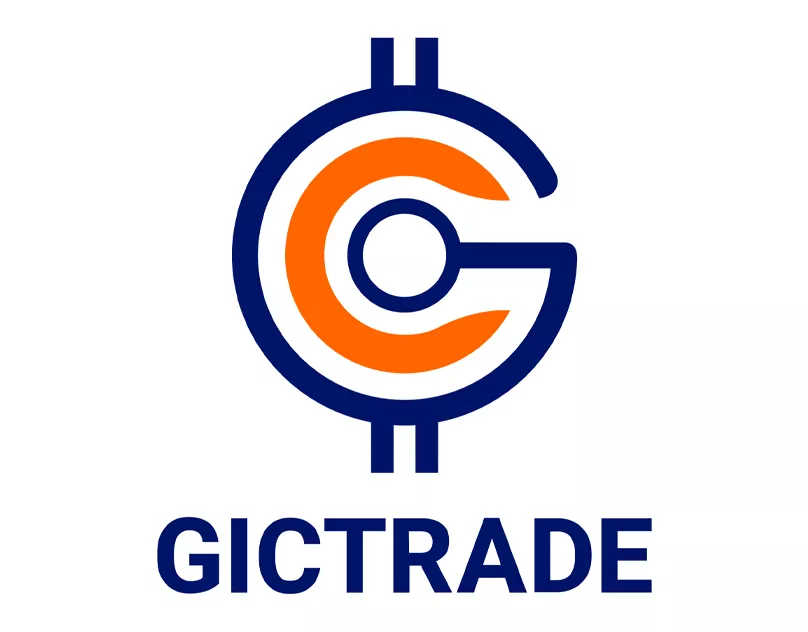Forex trading has become one of the popular ways for individuals to participate in the global financial markets. For beginners, entering the world of forex trading can feel daunting, but with the right knowledge and a careful approach, you can overcome these challenges.
In this article, we will discuss the initial steps you need to take in the world of forex trading for beginners, providing insights and useful guidance to get you started.

Table of Contents
- Initial Steps in Forex Trading for Beginners
- 1. Understand the Basics of Forex Trading
- 2. Learn Key Terms and Concepts
- 3. Choose the Right Forex Broker
- 4. Create a Trading Plan
- 5. Practice with a Demo Account
- 6. Understand Technical and Fundamental Analysis
- 7. Select the Right Currency Pair
- 8. Develop a Trading Strategy
- 9. Practice Wise Risk Management
- 10. Stay Calm and Disciplined
- Forex Trading for Beginners: FAQ's
- Conclusion
Initial Steps in Forex Trading for Beginners
1. Understand the Basics of Forex Trading
Before you start trading, it's essential to understand the fundamentals of forex trading. Forex, or foreign exchange, involves trading currencies from various countries. You buy a currency when you believe its value will rise and sell it when you think its value will fall.
2. Learn Key Terms and Concepts
In forex trading, there are many key terms and concepts you need to understand as a beginner, such as "pip," "lot," "spread," and "leverage." Learning these terms will help you understand how the market works and how you can manage risks.
3. Choose the Right Forex Broker
The next important step is to select a reliable forex broker that meets your needs. Ensure the broker has clear regulation, an easy-to-use trading platform, and reasonable transaction costs.
4. Create a Trading Plan
5. Practice with a Demo Account
6. Understand Technical and Fundamental Analysis
In forex trading, technical and fundamental analysis are two main approaches to understanding market movements. Technical analysis involves observing chart patterns and technical indicators, while fundamental analysis involves understanding the economic factors that influence currencies.
7. Select the Right Currency Pair
There are many currency pairs you can trade in forex. Choose pairs that you understand well and that align with your trading strategy. Here are some factors to consider when selecting currency pairs for trading:
1. Know the Major Currency Pairs
Major currency pairs involve currencies from countries with strong economies. Examples include EUR/USD (Euro/US Dollar), USD/JPY (US Dollar/Japanese Yen), and GBP/USD (British Pound/US Dollar). These pairs tend to have high liquidity and low spreads.
2. Consider Volatility
Volatility refers to price fluctuations over a certain period. Some currency pairs tend to be more volatile than others. Beginners should opt for less volatile pairs to reduce the risk of significant losses due to sudden price movements.
3. Recognize Correlation
Some currency pairs have positive or negative correlations. Positive correlation means that two currency pairs tend to move in the same direction, while negative correlation means they tend to move in opposite directions. Understanding these correlations can help you manage risks wisely.
4. Pay Attention to Trading Hours
Each currency pair has different trading hours based on the operational hours of the major markets in their respective countries. Choose currency pairs that fit your schedule to optimize trading opportunities.
5. Learn About the Countries of the Currencies
A currency's value is influenced by various economic, political, and social factors. Learn about the economic conditions of the countries involved in the currency pairs you are considering. News and events from these countries can significantly impact price movements.
6. Set Your Trading Goals
Before choosing currency pairs, determine your trading goals. Are you looking for high volatility for day trading, or do you prefer slower movements for swing trading? Understanding your goals will help you select suitable currency pairs.
7. Practice with the Selected Currency Pairs
Once you've chosen currency pairs, use your demo account to practice trading them. Observe how the pairs move and become accustomed to their characteristics before you start trading with real money.
8. Stay Updated with Market Developments
Remember that market conditions can change over time. Always monitor economic news and global events that may affect the currency pairs you are trading. If you notice signs of change, consider adjusting your trading strategy.
8. Develop a Trading Strategy
Every trader should have a trading strategy that aligns with their personality and goals. Whether you are interested in day trading, swing trading, or scalping, ensure your strategy has been tested and optimized.
9. Practice Wise Risk Management
10. Stay Calm and Disciplined
Forex trading can be emotional, especially when facing losses. Remain calm and disciplined in following your trading plan, and avoid making decisions based solely on emotions.
Get to Know GIC: The Best Forex Broker in Indonesia That Provides Easy Trading for Beginners!
GIC combines MetaTrader 5 with blockchain technology to create an innovative P2P trading platform based on blockchain. Our platform facilitates transparent transactions between traders and registered market makers within GIC. Additionally, GIC offers various attractive promotions for both beginners and experienced traders. The GICTrade app is equipped with exciting features like GIC Social Trade, GIC Signal, GIC Academy, GIC Bridge, and GIC Affiliate.
The security of GICTrade is guaranteed. Every transaction on this platform is secure and transparent. Both traders and market makers can conduct transactions on GIC with confidence. In their collaboration, buying and selling transactions become clearer and more transparent.
GICTrade is a legal and trustworthy trading platform. All customer transactions are reported directly to the Jakarta Futures Exchange (BBJ) and the Indonesian Clearing Futures (KBI). This regulation is overseen by BAPPEBTI under license number 407/BAPPEBTI/SI/VII/2004 through PT. Trijaya Pratama Futures and PT. Capital Megah Mandiri (license number 733/BAPPEBTI/SP/6/2005) as partners in Indonesia.
So, what are you waiting for? Join trading with GICTrade, which can help you earn additional income and reap its benefits. Access the latest information about forex only at GIC Journal.
Forex Trading for Beginners: FAQ's
Do I need a financial background to start forex trading?
No, you do not need a financial background to start forex trading. However, a basic understanding of financial markets and knowledge of forex will help you in your trading journey.
How much capital do I need to start forex trading?
Initial capital can vary depending on the broker and your trading strategy. Some brokers offer accounts with low initial capital, but it is advisable to have enough capital to manage risks wisely.
Is forex trading suitable for everyone?
Forex trading is suitable for individuals who have manageable risk levels and are willing to understand the market well. It is not a quick way to make money but a journey that requires dedication and ongoing learning.
How can I learn more about technical analysis?
You can learn about technical analysis through books, online courses, and free resources available on the internet. Many brokers also provide educational materials on technical analysis.
Can I lose more than my invested capital?
Yes, forex trading involves the risk of losing capital. Therefore, it is important to use prudent risk management and only trade with capital you can afford to lose.
How long does it take to become successful in forex trading?
There is no definite time frame to achieve success in forex trading. Each individual is different, and the level of success can vary depending on dedication, knowledge, and trading strategies.
Conclusion
Starting your journey in the world of forex trading as a beginner is an exciting step but requires the right approach. By understanding the fundamentals of trading, developing a suitable strategy, and practicing self-discipline, you can enhance your chances of success in forex trading. Remember that continuous learning and development are key to becoming a better trader over time.
| Also Read : Read Also: The Secrets to Success in Forex Trading You Need to Know |
 Last:
Last: 






